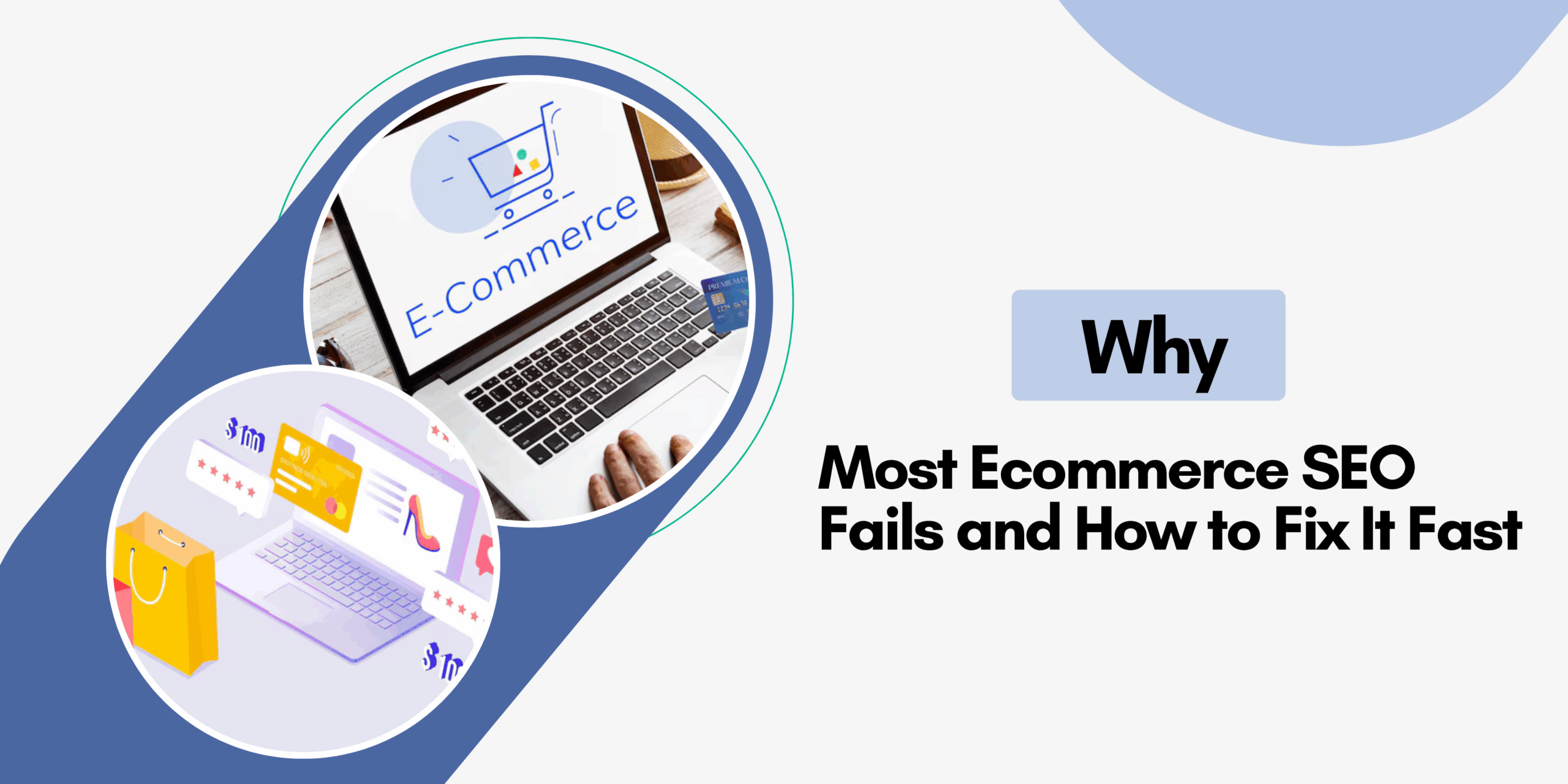
The online market in Australia is accelerating at an incredible rate. More consumers shopping online than ever before puts Australian companies in front of unprecedented opportunity and stiff competition. The sun-kissed beaches and urban cities on this multicultural continent are populated with consumers who are rapidly switching to shopping online. Yet, most online retailers lack search engine visibility despite the expanding marketplace. Ecommerce SEO plays a critical role here, but it’s often overlooked.
Although business owners put a lot of money into creating great-looking sites with impressive product offerings, many are left scratching their heads wondering why people aren’t discovering them through organic search.
The Hidden Challenges of Ecommerce Search Performance
The reality regarding online shop visibility is realizing what makes ecommerce seo services inherently distinct from typical website optimization. Product-based sites have their own set of challenges that content-driven sites don’t have. The sheer number of pages, ever-changing inventory, and technical intricacies form a perfect storm where traditional SEO methods tend to fail.
Most store owners commit the vital error of translating overall SEO tactics to their Ecommerce sites without tailoring strategies to fit their own requirements. Seeking professional assistance from a search engine optimisation company Australia is vital since local market acumen and Ecommerce insight provide the determinant for long-term growth.
Why Your Current Approach Might Be Failing
A vast majority of Ecommerce SEO campaigns are unsuccessful due to surprisingly uniform causes. Recognizing these pitfalls is the first step to revamping your site’s performance:
1. Oversight of Technical Foundation
Technical framework of your website makes up the basis of search visibility. Most online stores are afflicted with crawlability issues that hamper search engines from indexing products effectively. Redundant content on category pages, incorrect out-of-stock product handling, and ineffective URL structures confuse search algorithms.
2. Poor Product Content Strategy
Product copy pasted from manufacturers is found on dozens or hundreds of competing sites. Without original, useful content that distinguishes your products, search engines have no incentive to rank your pages higher than similar alternatives. The lack of rich, descriptive content leaves search opportunities entirely untapped.
3. Poor User Experience Signals
Search engines more and more favor sites that provide outstanding user experiences. Slow loading, cumbersome checkout procedures, and mobile responsiveness problems not only annoy customers but also seriously harm search rankings. Numerous store owners do not see how deeply integrated user experience has become with search performance.
4. Insufficient Attention to Search Intent
Knowing why customers are looking for certain terms is now so important for ranking success. Most Ecommerce sites target keywords solely on volume without knowing if the search shows research, comparison, or purchase intent. This disconnect between content and search intent prevents pages from ranking properly.
Quick Solutions to Revolutionize Your Ecommerce SEO
Revolutionizing your store’s search visibility does not have to take months of delay. These practical solutions can bring significant improvements in weeks:
- Prioritize Technical Cleanup
Start with a thorough technical review with an emphasis on Ecommerce specifics. Take care of canonical tag usage for all product variations, optimize category pagination, and properly deal with faceted navigation. Building rational site structure that makes sense to both your users and search engines about your product relations sets the ground for long-term ranking gains.
- Develop Content That Converts and Ranks
Go beyond simple product details by producing genuinely useful content that answers customer queries. Richer product descriptions that emphasize distinctive advantages, comprehensive buying guides that showcase expertise, and thoughtful application of customer reviews all help establish content authority. Implementing SEO involves striking a balance between keyword optimization and actual value creation.
- Optimize the Customer Journey
Plot your customer journey from search to purchase and map out where there could be friction points. Optimizing site speed, navigation, and mobile experiences not only increases conversion rates but also communicates positive user signals to search engines. Developing intuitive category architectures that reflect the way customers naturally shop creates a cycle of increased usability and increased search visibility.
- Leverage Structured Data Effectively
Structured data markup makes it easier for search engines to know your products better. Product schema with correct pricing, availability, and review data raises the chances of richer search listings. Rich results have much higher click-through rates, providing a competitive edge to well-optimized stores.
Establishing a Long-Term SEO Framework
Sustainable Ecommerce search success results from building systems instead of temporary solutions. Developing a sustainable framework includes:
- Data-Driven Optimization Cycles
Employ routine analysis cycles that reveal underperforming product lines and areas of potential. Leverage search console statistics to learn which products are getting impressions but no clicks to reveal instant optimization targets. Continuous refining, thus ensures your store keeps up with shifting search patterns.
- Internal Linking Strategy
Develop intentional internal linking structures that distribute authority to important products and categories. Creating contextual links from content pages to related products helps search engines discover your most valuable offerings while providing customers with natural pathways to purchase.
- Competitive Differentiation
Track rival activity in search results to observe areas of shortfall and opportunity. Seeing what prosperous competitors do effectively—and where they shortchange themselves—provides effective strategies for differentiation. Developing an emphasis on constructing experiences competitors cannot readily copy creates lasting ranking benefits.
Conclusion
Re-engineering Ecommerce search performance means recognizing the expert domain of product-based sites. By fixing technical basics, developing truly useful content, and concentrating on superior user experiences, web shops can significantly enhance their rankings in competitive markets.
The most successful online businesses understand that seo for ecommerce website is not just a technical process but an end-to-end strategy to cater to customers across their journey. When optimization activities are aligned with real customer needs, search engines automatically reward such sites with better visibility.
The online landscape keeps changing, but the basics of delivering value, building outstanding experiences, and resolving customer issues are at the center of long-term Ecommerce SEO success. By keeping your eyes fixed on these fundamentals and fine-tuning strategies to your own market reality, your online business can avoid typical failures that cap growth and deliver enduring search visibility.




